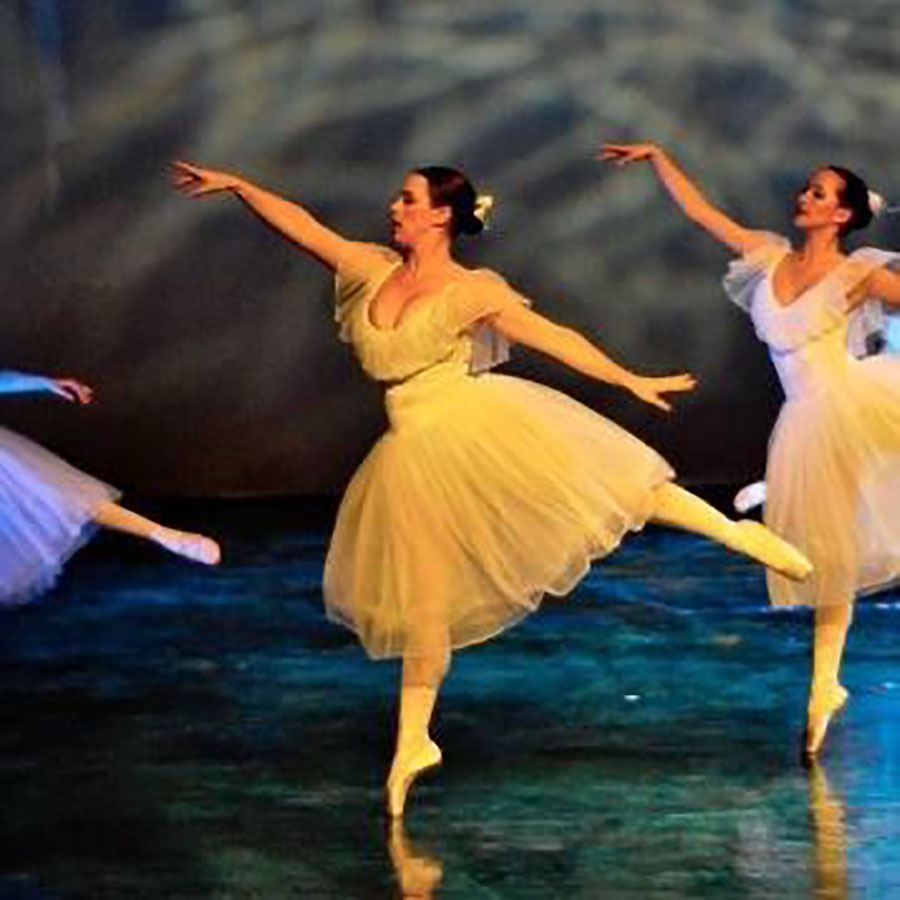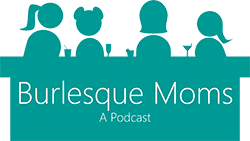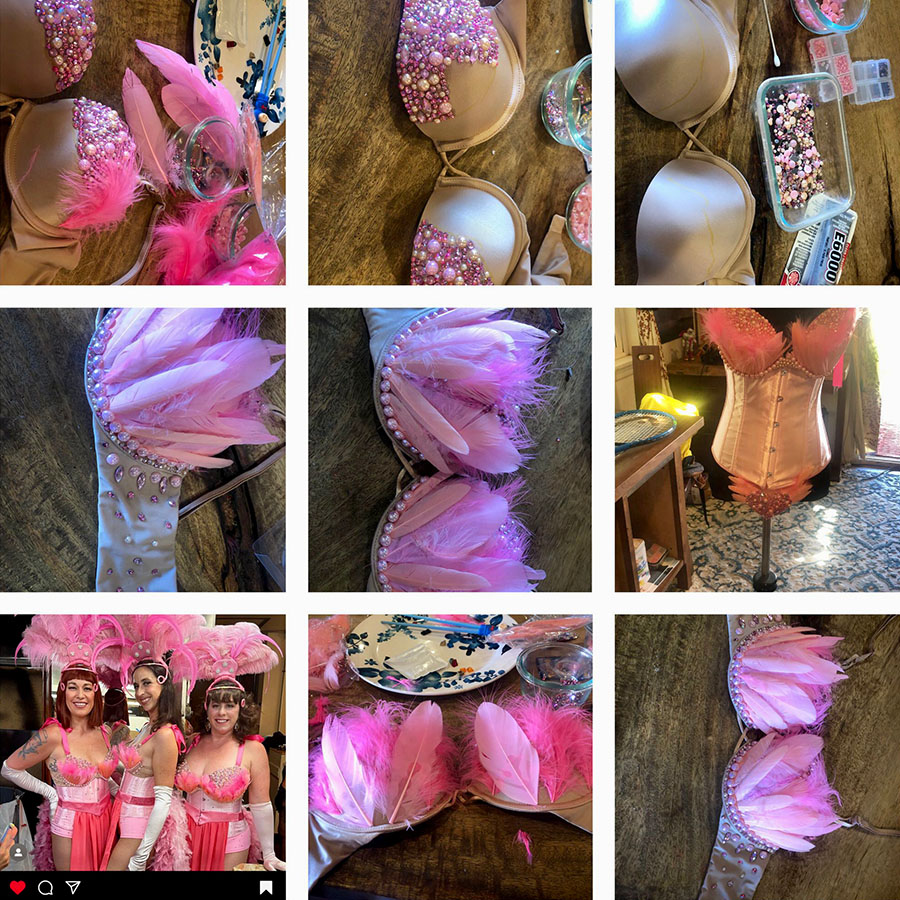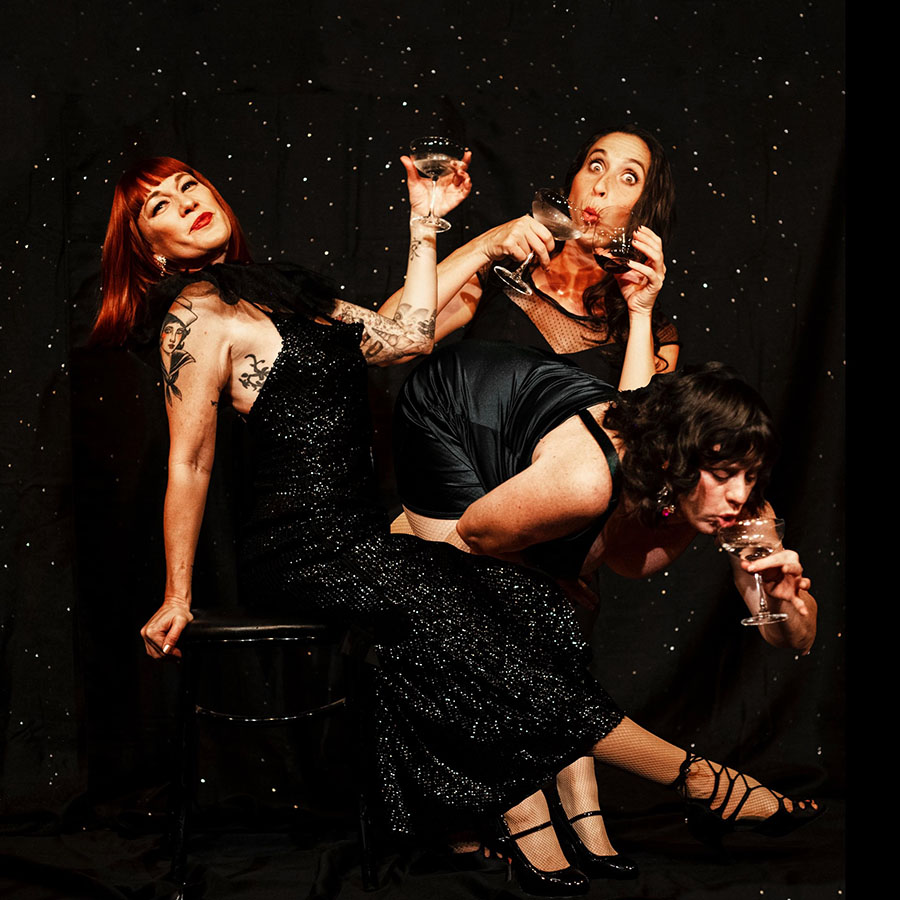
Non-Burlesque Classes to Improve Burlesque
This post may contain affiliate links. Read about our privacy policy.
Burlesque classes are a great way to learn about burlesque and to improve and grow as a burlesque performer. However, those classes may not always be available or convenient. When we as a group started there weren’t regular burlesque classes on Maui (something that Miss F-Bomb has rectified) so we were limited to the occasional workshop during the Hawaii Burlesque Festival.
Nowadays there are plenty of virtual options (see New York School of Burlesque and Miss Indigo Blue’s Academy of Burlesque). But sometimes you really want to do something in person. So, what should you take if you can take burlesque?
1. Any type of movement class
A good option might be a similar type of movement like heels dance, hip hop, or pole dance. Any of those will have some directly transferable movements that you can use in burlesque.
But if you don’t have access to those, or don’t feel comfortable with those styles, any type of dance will help with musicality, performance, and physical control of your body in a way that will help you grow as a burlesque performer.
Take for example these movement classes that are plentiful in my area:
- Ballet: Ballet is a great foundational dance class that will help build a good base for any other type of physical activity including other styles of dance and even sports. Ballet will improve your posture, strength, and flexibility, and will provide the rules and guidelines that are key to controlling your movements and understanding your body. Even if all you take away from it is how to point your toes, you’re moving in the right direction.
- Hula: Obviously hula classes won’t be as plentiful outside of Hawaii, but this is just an example of a movement type that doesn’t seem directly relatable to burlesque but can be beneficial to burlesque. Hula involves discipline, fluid movements, and storytelling. Every single one of those skills can improve your burlesque.
- Line dancing: This one is less plentiful in Hawaii but should be available just about anywhere else in the US. Line dancing will get you moving to the music. Even if you don’t use the steps directly in your burlesque routine (which, hint hint, I have done before) it will help with musicality and rhythm. It can also teach you how to build on basic choreography and add flourishes to your basic steps.
Plus, every single one of these examples is fun in its own right.
2. Theater classes
Acting classes and any kind of participation in theater will provide really good exposure to both performance experience and character development. And while learning monologues and memorizing lines may not be something you’ll need regularly in burlesque, the experience of having to recite and perform things in front of a group on a regular basis will improve your stage presence and help you get more comfortable in front of an audience.
While movement is important in burlesque, charisma, and character can make or break an act. What you do with your face is just as (if not more) important that what you do with your feet, and you’ll learn a lot of that in acting classes or performing in theater.
Theater will also help to teach stage basics including stage directions and terminology, stage etiquette, and basic rules of performing. This includes things like finding your light, making sure you’re not upstaging yourself, and how to take direction.
I highly recommend performing with a community theater if you have the opportunity. Not on is it lots of fun, it’s also a great way to gain experience on stage. And if you are performing in a musical you get some dancing built in.
3. Comedy classes
I’m putting this in as a separate category, but it could also fall into the theater class category depending on what you have available to you.
There are some direct correlations between comedy and burlesque, but even if you aren’t doing a comedic burlesque piece, comedy and improv classes can teach you great things about timing and intention. A good burlesque performer will have a great sense of timing – the art of strip tease is heavy on the tease, which relies on knowing when you’ve drawn things out long enough and when you’ve gone too long. Comedy can help develop those skills.
Improv classes are great at getting you reacting and thinking on your feet. And while no one wants something to go wrong in a number, being able to react quickly without dropping your character is key to recovery.
And just like with dance and theater, any opportunity to perform or practice comedy in front of an audience will increase your comfort onstage when doing burlesque.
Comedy and improv are also great classes to take if you have any interest in hosting, since they can also involve interaction with the audience. You don’t get that opportunity in most dance or theater performances.
In conclusion, just because you don’t have easy access to burlesque classes doesn’t mean you can’t work to improve your burlesque in other ways. Reaffirming the basics are always a good idea – prima ballerinas never stop taking classes, and neither should burlesque divas.
Disclaimer: This post includes affiliate links, and I will earn a commission if you purchase through these links. Please note that I’ve linked to these products purely because I recommend them and they are from companies I trust. There is no additional cost to you.




This Post Has 0 Comments